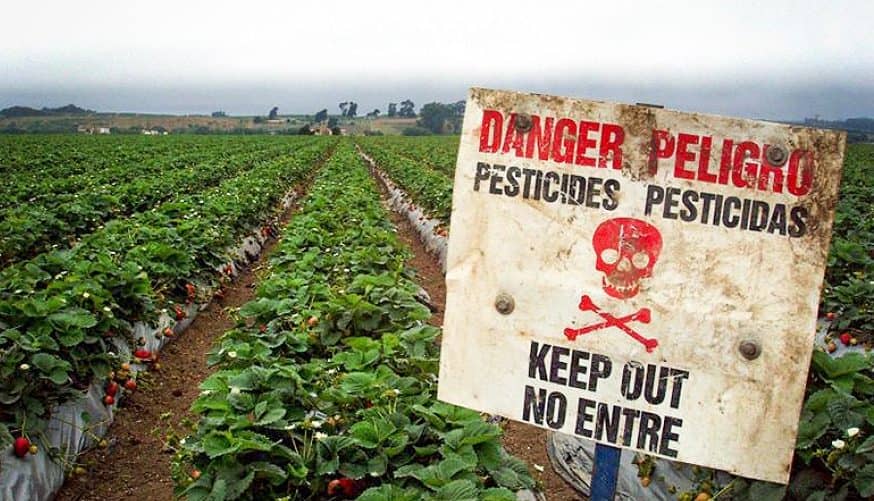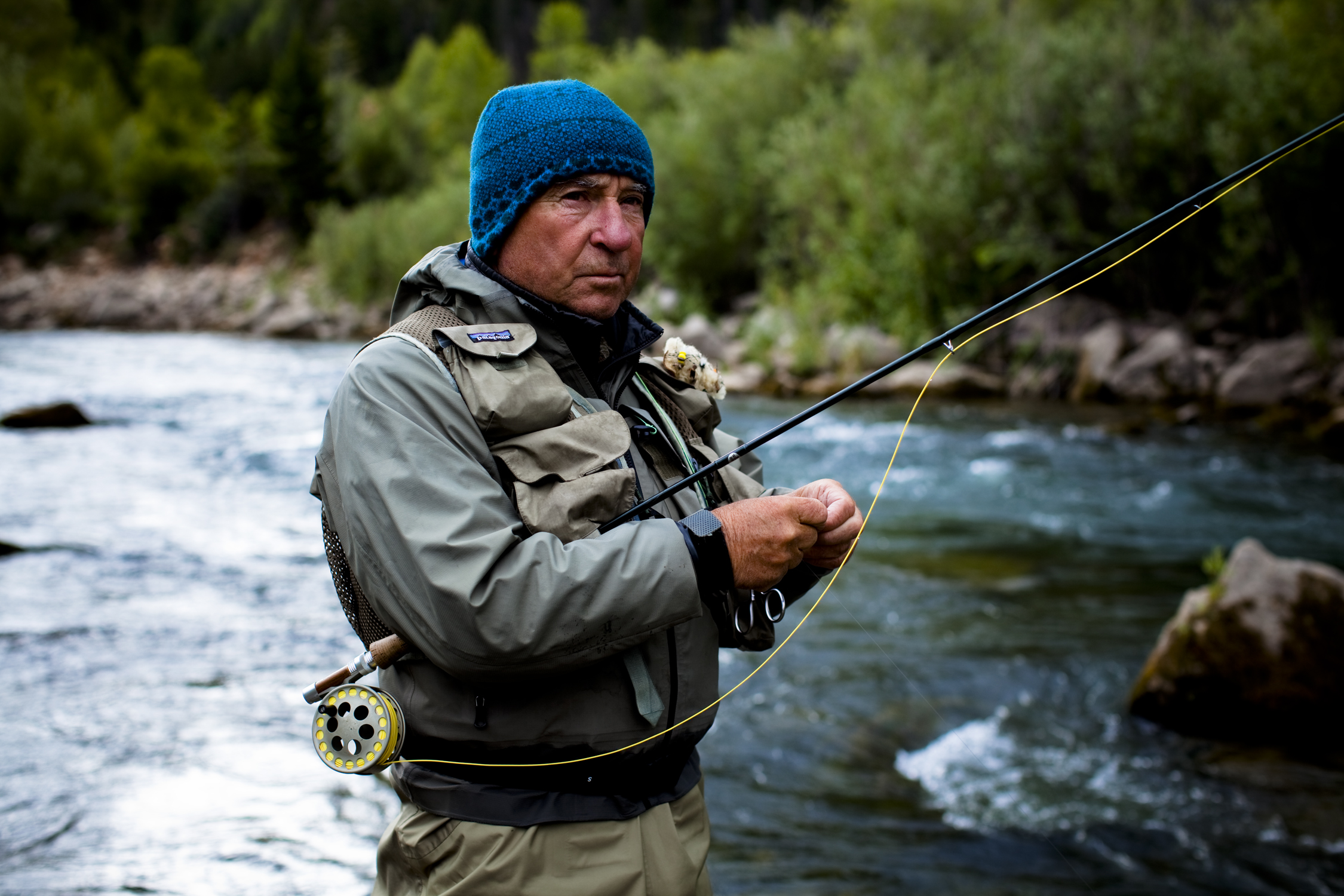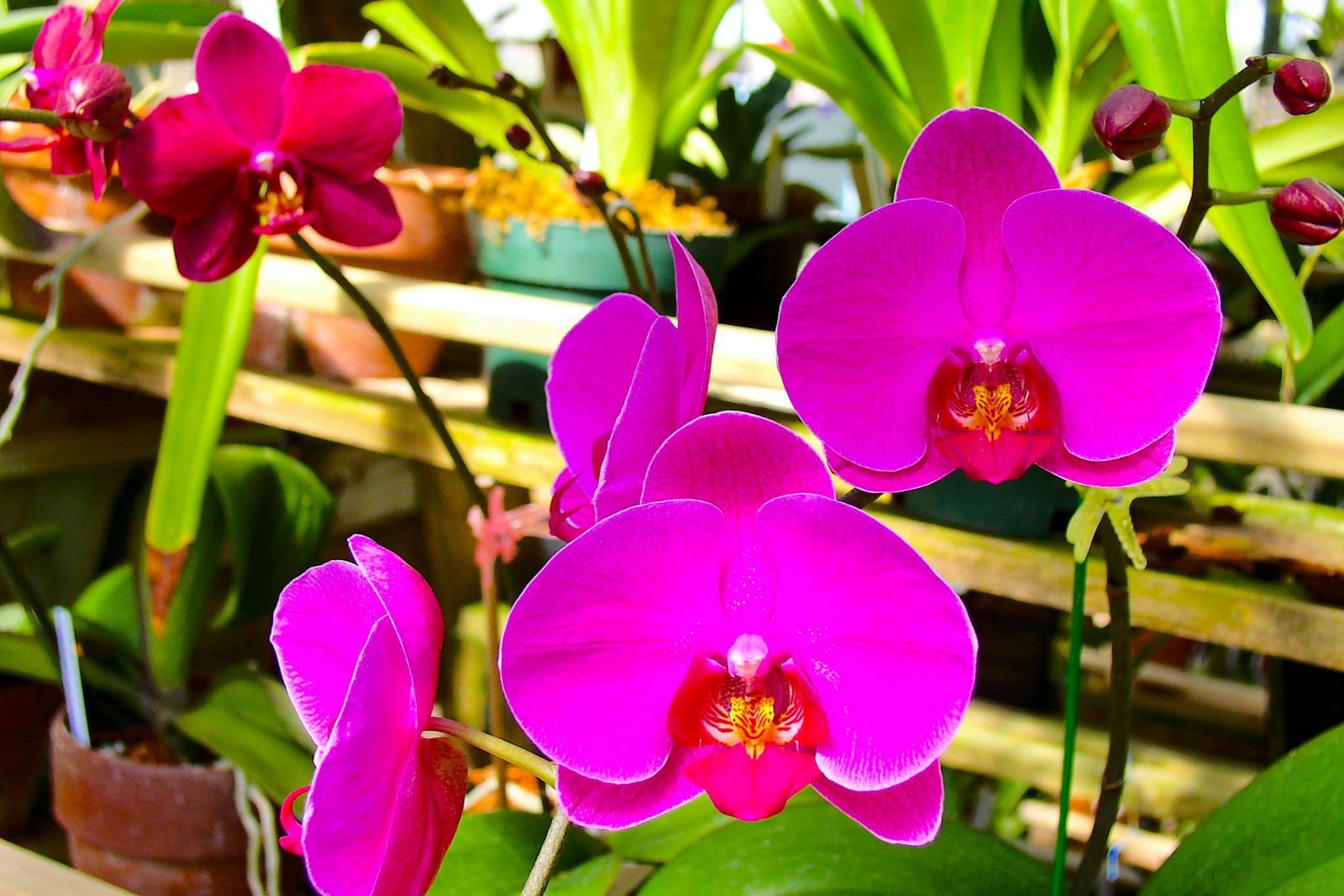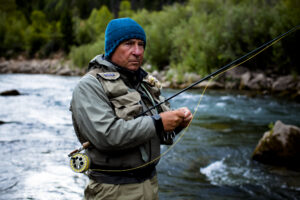Chemical pesticides have long been at the heart of modern agriculture, boosting crop yields and protecting harvests. Yet their continued use raises urgent concerns about public health, environmental degradation, and biodiversity loss. In recent years, a global conversation has emerged around the possibility—and necessity—of a complete ban on chemical pesticides.
But how realistic is such a move? What would it mean for farmers, consumers, and ecosystems? In this article, we explore whether a global ban on chemical pesticides is truly feasible or an environmental ideal still out of reach.
The Call for a Healthier Agricultural Model
Mounting scientific evidence links chemical pesticide exposure to health issues ranging from respiratory problems to cancer and neurodegenerative diseases. These risks are especially high among farmworkers and rural populations living near heavily sprayed areas. Moreover, chemical runoff from pesticides contaminates water systems and soil, posing long-term threats to ecosystems.
In response to these dangers, environmentalists and public health experts have increasingly called for a ban on chemical pesticides. Their argument is simple: sustainable, organic, and regenerative farming practices can replace harmful chemicals without compromising food security.
Europe’s Bold Steps: Ambition vs. Reality
The European Union has been at the forefront of pesticide reform. Through the Green Deal and Farm to Fork Strategy, the EU set a target to reduce pesticide use by 50% by 2030. While this is not an outright ban, it does reflect growing momentum toward pesticide-free agriculture.
However, implementing a total ban on chemical pesticides even within the EU faces major roadblocks. Farmers often express concern that without chemical protection, yields will drop and food prices will soar. These fears are especially strong among smaller or economically vulnerable producers who lack access to alternative methods.
Are There Viable Alternatives?
Contrary to popular belief, organic agriculture isn’t the only alternative. Agroecology, companion planting, mechanical weeding, and biological pest control offer a range of pesticide-free solutions. But these require training, investment, and systemic changes in agricultural policy and infrastructure.
Countries like Denmark and the Netherlands have made significant progress by supporting farmers with subsidies and education. These nations prove that a ban on chemical pesticides is more attainable when paired with supportive policy frameworks and farmer-led innovation.
Economic and Political Resistance
One of the main obstacles to a global pesticide ban is the deep entanglement of chemical corporations with agricultural policy. The agrochemical industry generates billions annually and holds powerful lobbying influence. This makes legislative efforts to restrict or ban their products especially difficult.
In developing countries, the challenge is even greater. Governments often prioritize short-term agricultural productivity over long-term sustainability. Banning pesticides without offering practical, affordable alternatives could lead to food insecurity and economic instability in these regions.
Environmental Impact of Continued Pesticide Use
The environmental consequences of continued pesticide use are already evident: declining bee populations, poisoned water sources, and soil infertility. Biodiversity loss due to pesticide-driven monoculture farming is accelerating faster than many species can adapt.
A ban on chemical pesticides would allow ecosystems to begin recovering. Pollinator populations would rebound, soil would regain natural fertility, and water systems would suffer less contamination.
According to the European Food Safety Authority, over 25% of surface and groundwater in the EU contains measurable levels of pesticide residue—often above safe thresholds.
Outbound Link to Trusted Source
For additional reading on sustainable agriculture and pesticide alternatives, consult the Pesticide Action Network International, an authority on pesticide reform worldwide.
So, Is a Ban Feasible?
A full ban on chemical pesticides is a noble and increasingly necessary goal. However, its success hinges on several key factors:
-
Governmental support for farmers transitioning to alternative methods
-
Consumer awareness and willingness to support sustainable agriculture
-
Global cooperation to ensure equitable food systems
Without addressing these elements, an outright ban may remain more of an aspiration than a reality.
Still, incremental change is happening. More countries are introducing restrictions, more consumers are choosing organic, and more farmers are experimenting with non-chemical solutions. The path is long, but the momentum is growing.
❓ FAQ Section
Q1: Why are chemical pesticides considered dangerous?
A1: They can harm human health, contaminate soil and water, and damage biodiversity by affecting pollinators and beneficial organisms.
Q2: What are the main obstacles to banning chemical pesticides?
A2: Economic dependence, lack of alternatives for small farmers, and the political influence of agrochemical companies.
Q3: Are there effective alternatives to chemical pesticides?
A3: Yes. Agroecology, crop rotation, biological pest control, and organic methods offer safer, sustainable solutions.
Q4: Which countries are leading in reducing pesticide use?
A4: Nations like Denmark, Sweden, and the Netherlands are pioneers in adopting pesticide-free farming practices through policy and innovation.
Q5: How can consumers help reduce pesticide use?
A5: Supporting organic and local farming, avoiding pesticide-heavy produce, and advocating for stricter regulations can make a difference.








